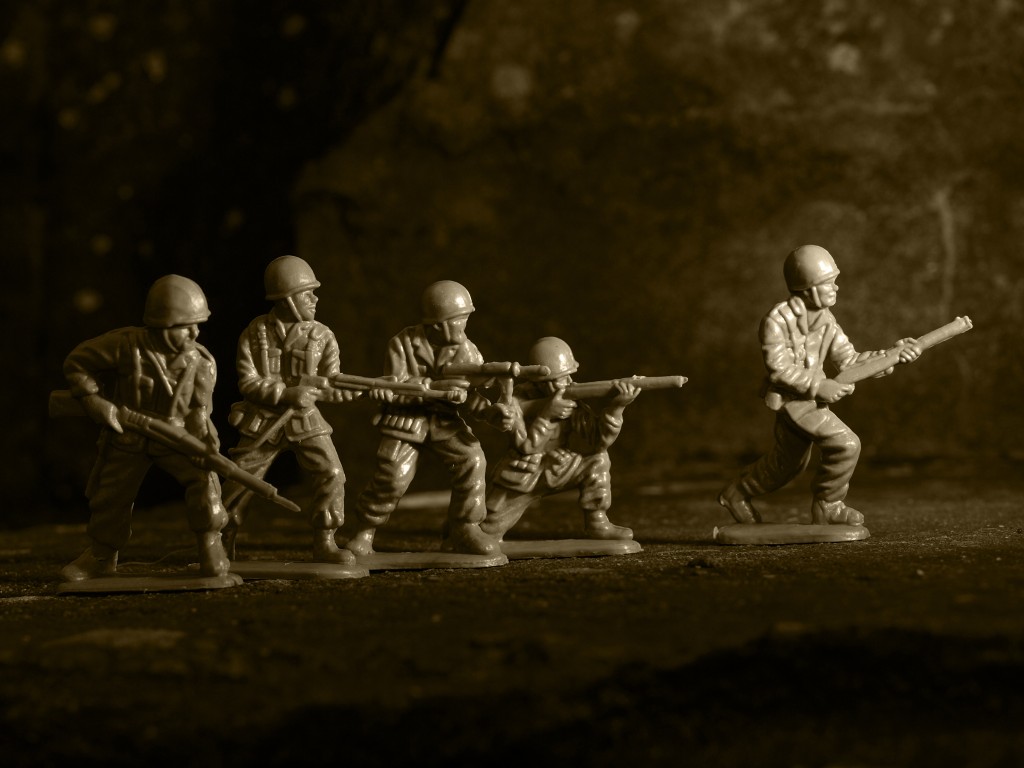By John D. Roth
It was one of the passages narrating the week of Jesus’ passion that first led Sang-Min Lee to consider the way of peace. Soon after he became a Christian, Lee was moved by Jesus’ teaching to love our enemies, especially his rebuke to Peter for defending him with a sword in the Garden of Gethsemane.
As he learned more about the Christian faith, Lee’s commitment to the gospel of peace deepened, putting him on a collision course with the Korean government.

Today Sang-Min Lee, a 27-year-old member of the Grace and Peace Mennonite Church in Seoul, South Korea, will go to trial because of his refusal to fulfill his required military service. (See below for ways to support Sang-Min and the Grace and Peace Mennonite Church.)
Many countries around the world recognize the principle of conscientious objection to military service, but it has not always been this way and many have faced ridicule, physical abuse, and imprisonment because of their refusal to participate in the military as a matter of faith.
Some countries, furthermore, continue to require obligatory military service, and Mennonite young men in these countries face the difficult question of how they will respond.
Since the Korean War began in 1950, South Korea has required all able-bodied men to serve for a period of time in its armed forces, with no option for alternative service. In 1953, the war ended with an armistice rather than a peace treaty, meaning that the peninsula is technically still at war. Indeed, fears of a potential invasion from North Korea remain high.
In 2008, Korean legislators scuttled a proposal to allow alternative service for COs; since then, the Korean Constitutional Court has upheld the law that punishes COs with prison sentences.
According to a report released by the U.N. High Commissioner for Human Rights in June 2013, the overwhelming majority of imprisoned COs worldwide—92.5 percent—are South Koreans. Between 2004 and 2012, an average of 660 conscientious objectors were jailed each year in South Korea, almost all of them Jehovah’s Witnesses.
Sang-Min Lee is likely to become the first Mennonite in South Korea to be imprisoned for his convictions.
In a recent interview, Lee noted that the training and culture of the military are inherently violent. Being a willing participant in that structure, he said, would change who he is, making him “a victim as well as an offender.
If he is found guilty at his trial on April 16, Lee will likely face a prison sentence of at least 18 months. But the consequences for COs in Korea go beyond prison.
On the basis of his criminal record, Lee recognizes that he will have “a bad reputation in society” and will likely be barred from many career paths for the rest of his life. Even more painful for him is the realization that his decision will bring him into serious conflict with his family. “I fear that my family will fall apart because of my decision,” Lee said.
Yet he remains confident in his convictions. “I want the next generation to live in a better place with respect to individual choices and decisions,” he said.
Please pray for Sang-Min Lee today during his trial and in the coming months as faces likely imprisonment. Let the Grace and Peace Mennonite Church in Korea know that they are not alone in helping Lee stand firm in his convictions.
Messages of encouragement may be sent to Sang-Min or the church through Jae-Young Lee, director of the Korea Peacebuilding Institute and member of the Grace and Peace Mennonite Church in Seoul. Jae-Young’s email is kojay99(at) gmail(dot)com.
A version of this post was originally published in the April 1, 2014, issue of The Mennonite. Original article here.